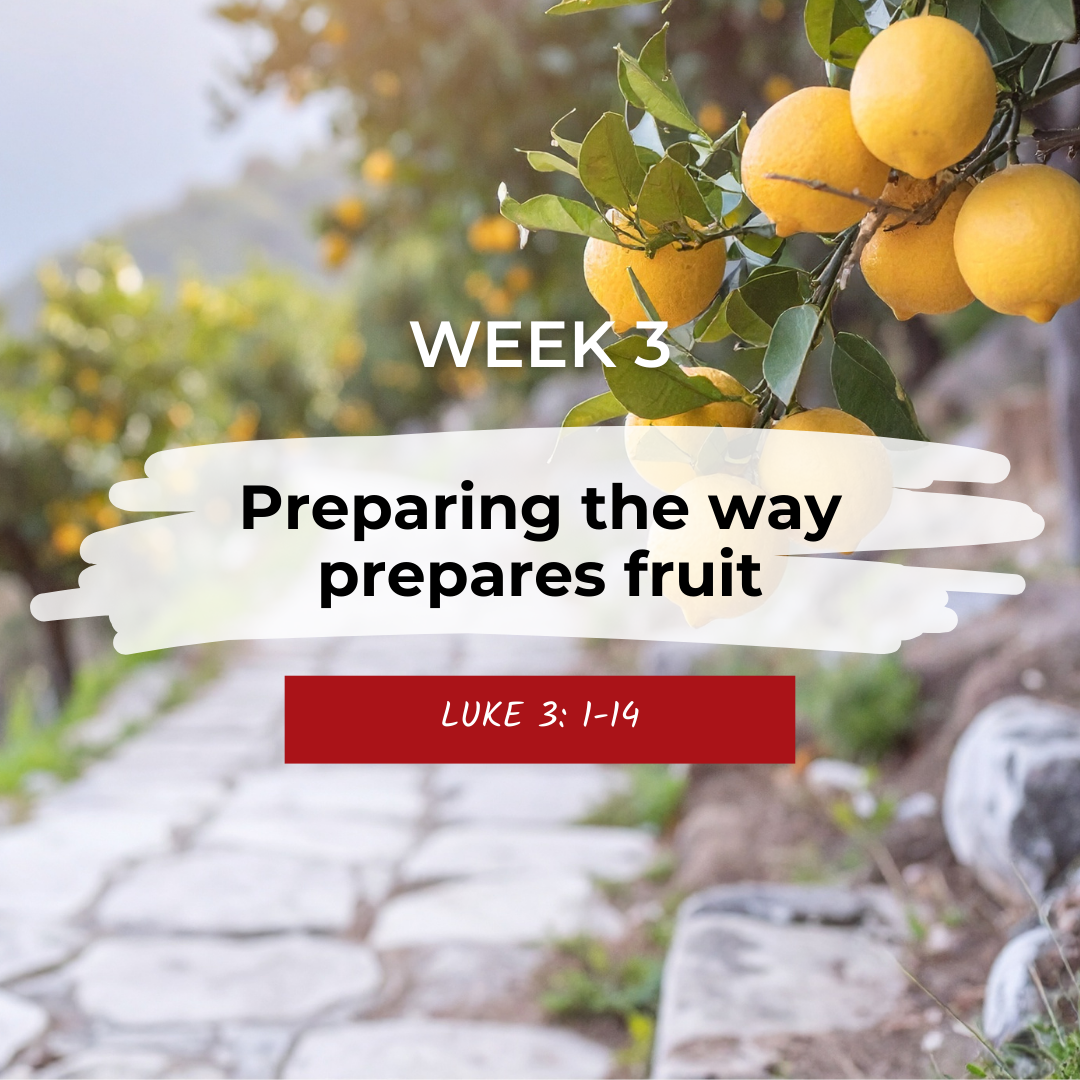The gender-based violence crisis in Cameroon
Experiences, Stories | January 22, 2024
Did you know that women and girls with disabilities living in Cameroon are two to three times more likely to experience violence than those without a disability? And that they are less likely to disclose incidents of sexual violence and domestic abuse?
CBM Australia’s partner in Cameroon recently undertook research to understand what’s stopping women and girls with disabilities in Cameroon from reporting gender-based violence.
They found fear is the main reason women with disabilities do not report incidents of gender-based violence. The fear of family pressure, fear of the abuser, fear of the unknown, fear of losing livelihood support, fear of stigma, fear of trauma, and fear of not being believed.
These are some of the things the research team heard from women and girls with disabilities who have experienced gender-based violence.
“The man who forced me to have sex with him said that if I tell anybody, he will kill me, and I am afraid to die.”
Women and girls with disabilities also do not trust the authorities and think the judicial system is a waste of time.
“Justice in Cameroon is for the rich and not for the poor. If I report, the abuser will corrupt the officials of the legal system, and the case shall be dismissed.”
Even if women and girls with disabilities want to report, they often do not know how to or what support services are available because the information is not accessible. For example, women who are deaf find it difficult to know what to do because not many people understand sign language, and there are not enough interpreters to help with reporting.
“I didn’t know where I can go because people don’t understand sign language. The abuse left me pregnant, and I never knew I was pregnant.”
Like many other countries where disability is heavily stigmatised, women with disabilities in Cameroon often find it difficult to form intimate relationships. Many women with disabilities feel that a sexual encounter with an abuser is their “only option”.
“It makes me feel like a woman as nobody [else] wants to approach me.”
To stop violence against women, programs need strategies that empower women and girls to know their rights, increase community awareness of gender-based violence, and improve and promote accessible support services and reporting methods.
CBM Australia is committed to improving the lives of women and girls in Cameroon, including those who have experienced gender-based violence. It is looking forward to expanding this research and hearing from women and girls with disabilities in other parts of the world.
Click here to learn more about gender-based violence in Cameroon.
CBM acknowledges the support of the Australian Government through the Australian NGO Cooperation Program (ANCP).
https://www.cbm.org.au/experiences/the-gender-based-violence-crisis-in-cameroon
Related Stories

Advent 2025: Jesus’ way leads to fullness
The way of Jesus gives people freedom and empowers them to live out their God-given purpose. The last few weeks...

Advent 2025: Preparing the way produces fruit
John the Baptist called people to prepare for God’s presence through repentance and by producing fruit (acts of justice,...

From sports to advocacy – the journey of the Isiolo Umbrella Disability Group
The Promoting Inclusive Delivery of Eye Care (PRIDE) Project is a...
